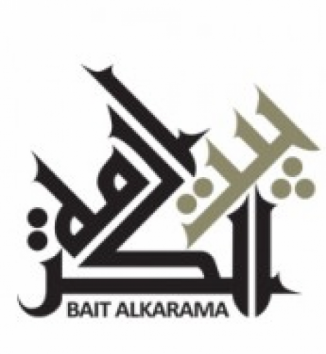Bait al KARAMA (PALESTINE) is the first Women’s Centre in the heart of the Old City of Nablus, and aspires to combine a culinary social enterprise with activities of art and culture, run entirely by women. Bait al KARAMA is the first Slow Food Convivium in Nablus. Bait al KARAMA foresees the establishment of a social-cultural centre run by women and managed according to a social enterprise business model, where food-related activities is the vehicle to develop regular income for the women involved as well as the mean to sustain a social and cultural meaningful programme.
During the second Intifada (2000), the Old City of Nablus was one of the harshest flash points for the IDF (Israeli Defense Forces) attacks in the West Bank. In the aftermath of the outbreaks the city was put under endless periods of curfew. Until 2008 seven Israeli check-points blocked the main city gateways, making it almost impossible for people and goods to move in and out of the city. Today the cities economic status is equal to that of a refugee camp with an 80% unemployment rate and a large number of buildings that require rehabilitation. Women are certainly the invisible backbone of the community, striving for the survival of family and children in the mist of a brutal occupation and a deeply conservative society.
In this complex framework, the participatory project Bait al Karama is initiated by the local activist, Fatima Kadumy, artist Beatrice Catanzaro and cultural manager Cristiana Bottigella. The project aims to:
- create the first space of aggregation for women in the Old City of Nablus;
- initiate social enterprise, combining income generating activities with social/educational and cultural programs;
- shift the representation of Palestine from the political stereotypes to the complexity of its cultural identity.
It was soon understood that food could be a strategy for aggregation, cultural mediation and income generation in Nablus. Women are the holders of gestures and tastes in culinary cultural heritage – a heritage that is quickly disappearing under the economic pressure of the occupation. Bait al Karama, located in an Ottoman building at the heart of the Old City, is home to the foremost Palestinian cooking school run entirely by women. In conjunction with the school, the Centre runs several additional income generating ventures: a shopping corner, cafeteria, beauty salon, as well as other catering services.
With the income they generate from these ventures, the women organize educational programmes for the women and children of the community, in response to their concrete needs.

